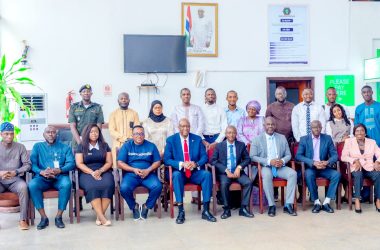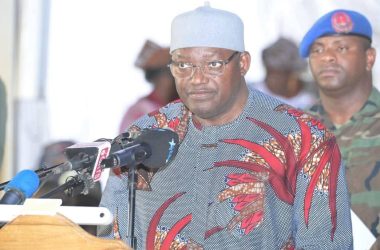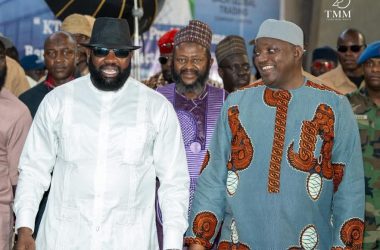Customs authorities from The Gambia and Senegal began a two-day technical meeting in Kotu on Tuesday, aiming to deepen cross-border cooperation and build on past commitments to improve trade facilitation and regional security.
The meeting, hosted at a local hotel, brought together senior customs officials and technical experts from both countries. It follows up on key resolutions made during a similar session held in Senegal in July last year.
In his opening remarks, Commissioner General of the Gambia Revenue Authority (GRA), Yankuba Darboe, stressed the importance of maintaining a strong working relationship with Senegal’s customs administration. He noted that the two countries share not only borders, but also deep cultural and economic ties that make cooperation essential.
“Our common objectives facilitating legitimate trade, enhancing border security, and improving customs coordination cannot be achieved in isolation,” Darboe said. “This meeting is another critical step toward making trade between our countries more efficient and reducing the unnecessary delays that hinder economic growth.”
Darboe also acknowledged the shared challenges faced by both revenue authorities and pointed to the need for practical solutions that can streamline customs procedures and boost compliance.
Speaking through an interpreter, Babakarr Mbye, Director General of Senegalese Customs, echoed the call for closer collaboration. He said the partnership between The Gambia and Senegal should serve as a model for customs cooperation across the sub-region, especially in light of the African Continental Free Trade Area (AfCFTA) goals.
“Our two countries are not just neighbours we are partners,” Mbye said. “The customs challenges we face are similar, and so must be our responses. This meeting should help us come up with real, lasting solutions.”
Also addressing the gathering, Dawda Njie, Chairperson of the GRA Board, highlighted the role of inter-agency dialogue in addressing shared concerns and praised the Ministry of Finance for backing the initiative.
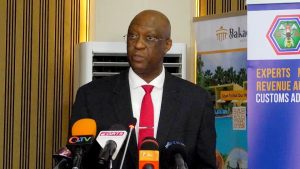
“The support from the Ministry has been vital in moving this agenda forward,” Njie said. “We are confident that this platform will yield concrete results.”
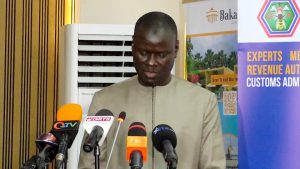
Representing the Ministry of Finance, Permanent Secretary Babukarr Jobe described the meeting as a key opportunity to assess progress made on previous recommendations while laying the groundwork for new strategies. He urged participants to focus on information sharing, capacity building, and digital tools that can make customs operations more effective.
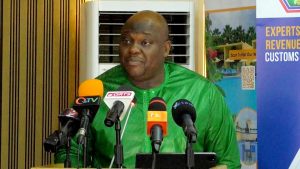
The meeting will continue through Wednesday, with technical sessions expected to address specific issues such as joint border operations, data exchange, and harmonisation of procedures.
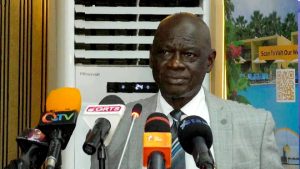
As both countries look to improve revenue collection and foster economic integration, officials are optimistic that stronger customs cooperation will translate into more secure and efficient cross-border trade.


